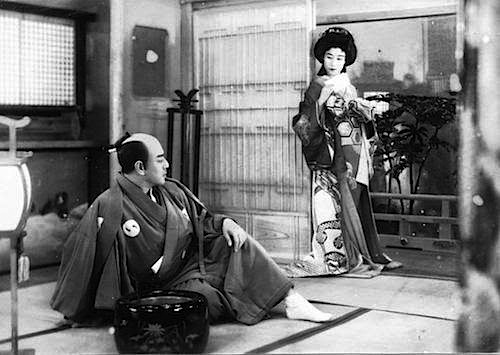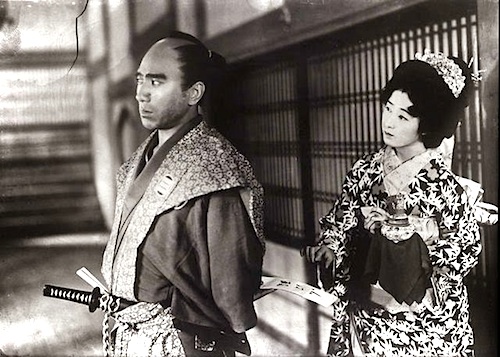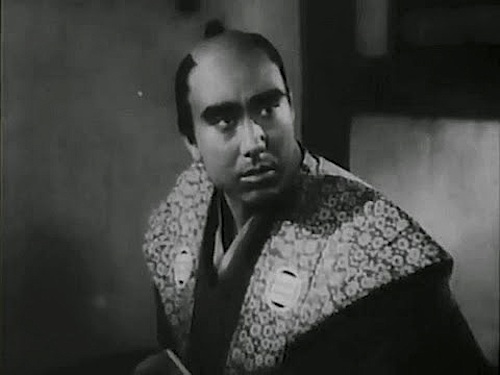By Joe Bendel. At various times, the public sale of alcohol was illegal throughout what was then Bombay State. Of course, for the mobbed-up nightclub managed by Johnny Balraj, Prohibition was good for business. The new vocalist is not bad either, but their inevitable romance gets caught up in an underworld power struggle in Anurag Kashyap’s Bombay Velvet, which opened Friday in New York.
Balraj and his sworn-brother Chimman grew up on the streets together, but it is Balraj who has the necessary crazy to go far in gangtserism. Even when he starts fronting the swanky Bombay Velvet club in the early 1960s, he still blows off steam fighting in underground steel cage matches. Technically, it is Balraj’s business, but it is really part of the newspaper mogul and syndicate boss Kaizad Khambata’s vast empire. Still, Balraj has a free hand to hire talent like Rose Noronha. She makes quite the impression on him. Unfortunately, she is a plant sent to seduce Balraj by Jimmy Mistry, the ambitious editor of a rival Communist newspaper.
It works. Balraj falls for Noronha hard, but as her star rises, it becomes mutual. Of course, when undesirable elements from her past try to assert themselves, it leads to friction. Frankly, Balraj does not think much of either Khambata or Mistry, but he stays in business with his ostensive boss in hopes of getting a piece of the action. In this case, the pie getting sliced up is the massive real estate fortune to be made from the anticipated development of Bombay/Mumbai’s Nariman Point business district.
In a way, Velvet echoes the infighting gangsters and politicians of Yoo Ha’s real estate-driven Gangnam Blues, but at times viewers can see the not so subtle influence of De Palma’s Scarface. Probably the only thing separating the wildly erratic Belraj from Tony Montana is a small mountain of cocaine. He has the Tommy Gun.

Regardless, Velvet is clearly Kashyap’s most commercial film to date. He is no stranger to underworld intrigue having helmed the gritty epic Gangs of Wasseypur, but he really cranks up the glossy flashiness this time around. Yet, since the film is largely set in a jazz club, he can have his cake and eat too, by confining the ample musical numbers to the Velvet stage. In fact, they work rather well. Amit Trivedi’s tunes, sounding like Bollywood show-stoppers as arranged by Nelson Riddle, should definitely get heads nodding.
Ranbir Kapoor makes Balraj’s unstable lunacy strangely charismatic. You would never want to be anywhere near such a person, but he is consistently fun to watch. Likewise, Karan Johar shamelessly chews on the scenery as the flamboyantly snide and villainous Khambata. Manish Choudhary is also terrifically sleazy as the greedy Red Mistry. Oddly enough given his prominence, Kay Kay Menon gets somewhat shortchanged on screen time, even though his honest Inspector Kulkarni is a potentially intriguing character.
For fans of Wasseypur, it is important to note there is no shortage of dead bodies in Velvet. It has a high polished sheen, and some appealing big band vocals, but it is really about getting down to business. An impressively mounted decade-spanning period production, Bombay Velvet is recommended for fans of the gangster genre and high-end Bollywood while it plays in New York, at the AMC Empire.
LFM GRADE: B+
Posted on May 18th, 2015 at 10:03pm.





